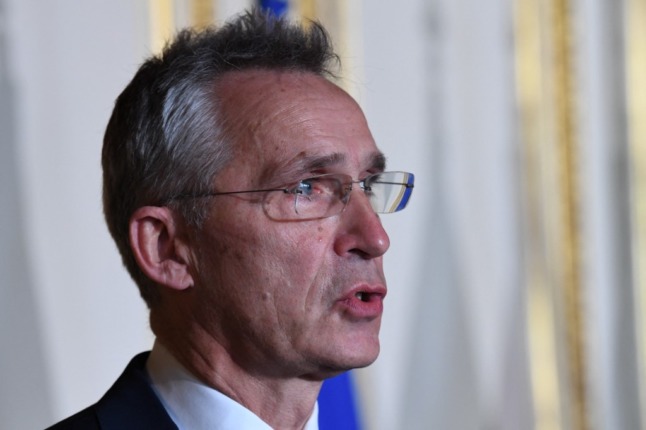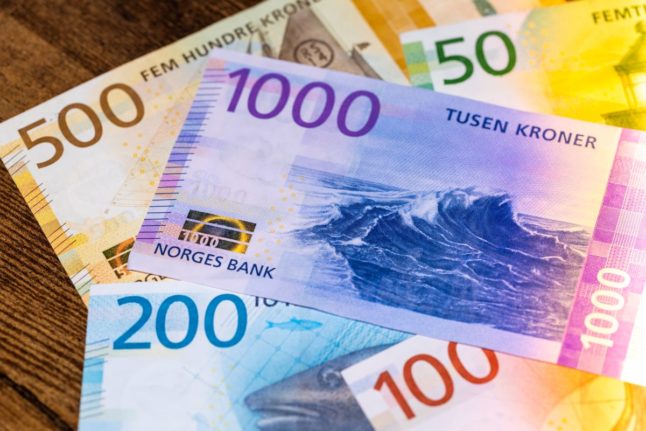Stoltenberg, a former Norwegian prime minister and finance minister, is one of a list of 22 candidates for the position, which becomes vacant in February, the ministry said in a statement.
“The finance ministry contacted me in November to see if I’d apply for the job. I did it, it’s a position that motivates me hugely,” the 62-year-old told AFP via his press office.
Stoltenberg has headed the North Atlantic Treaty Organization since 2014 and his contract expires on September 30, 2022.
The current governor of Norges Bank, Oystein Olsen, steps down in February.
“I made it clear to the finance ministry that if I get the job, I wouldn’t be able to start work until the end of my NATO mandate on October 1st,”
Stoltenberg said.
Also in the running is the central bank’s vice president, Ida Wolden Bache, another candidate asked to apply by the finance ministry with a background in economics and finance. But a number of students, a plumber, pensioners, a baker and a bus driver have all thrown their hats in the ring too.
The finance ministry will announce its decision at the beginning of next year. The Norwegian central bank sets monetary policy for the Nordic country and also manages its massive sovereign fund, the world’s biggest. The governor is appointed for a six-year term.



 Please whitelist us to continue reading.
Please whitelist us to continue reading.
Member comments